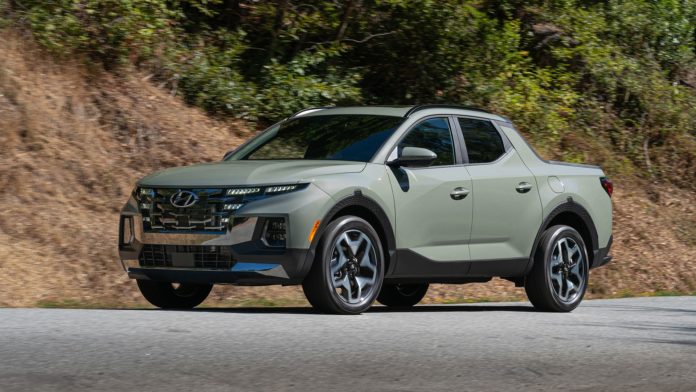The company is diversifying its supply chain outside of China.
Key Takeaways
- Hyundai is diversifying its supply chain over possible China-connected vehicle rules.
- The company is working to reduce its reliance on Chinese parts.
- Other carmakers, including BMW, are also expanding manufacturing globally to mitigate these types of risks.
The US government is expected to introduce new rules against Chinese-connected vehicles this fall. Hyundai is taking action now to reduce the impact of these rules on its lineup, which includes the Ioniq 5 electric vehicle and the Kona. It is reportedly looking to expand production and acquisitions outside the country as a precautionary measure.
The Biden administration recently announced a 102% tariff on Chinese-made electric vehicles. These new rules would target Chinese-connected vehicles due to their potential of being a national security threat that could leak data to the Chinese government.
Preparing For The Future
“Hyundai Motor and Kia have to brace for the worst by reducing their reliance on China and broadening their supply chains into other countries such as Vietnam,” Lee Ho-geun, an automotive engineering professor at Daedeok University told the Korea Times.

Add CarBuzz to your Google News feed.
“There stands a possibility that the U.S. will regulate any connected vehicles that are equipped with Chinese parts,” he added. Hyundai isn’t the only company looking at diversifying to reduce the impact of tariffs and new rules regarding imported vehicles and parts.
Focused On Diversification
BMW recently announced at its annual shareholder conference that it is focusing on expanding manufacturing into countries like Hungary, Mexico, the US, and China. They expect this to allow for production of upcoming vehicles, including the refreshed X3, without delays. The company says having a regional focus is essential.

Related
Ford Admits China Is Winning The EV Race
The Blue Oval company said the US is not yet ready to compete with China.
Volkswagen and Honda have also announced new factories in the United States and Europe, in part due to the IRA tax credit that’s essentially forcing automakers to reconsider where to produce vehicles. The changeable political landscape around the globe makes choosing multiple places for production and parts sourcing a key component to ensure smooth vehicle production.




